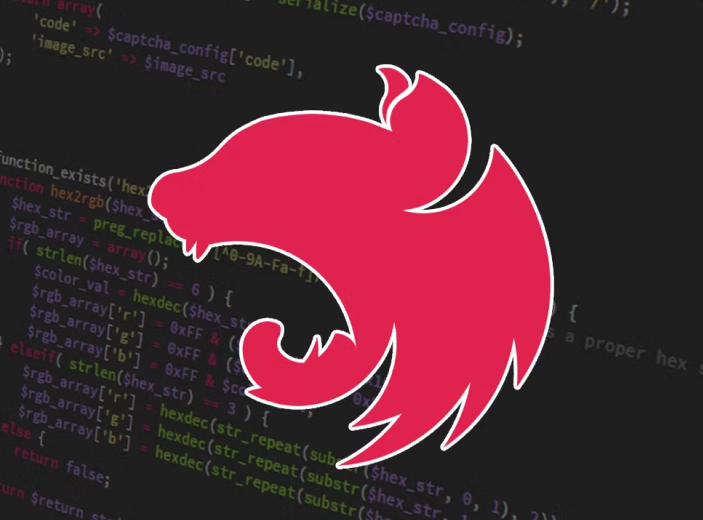Share this article
The world of work is undergoing an unprecedented transformation, driven by technological, social and economic changes. In the midst of this constant evolution, it is crucial that organizations recognize, analyze and prioritize the trends that are shaping the future of work. These trends will not only affect how we recruit and manage talent, but also how we use technology to drive our operations.
Knowing how to recognize, analyze and prioritize trends as you set your strategic objectives will be a good foundation for guiding your organization through the challenges and opportunities of this year and beyond.

Current talent management strategies are increasingly making it difficult to attract and retain employees.
These nine trends in the future of work will influence talent decisions over the next five years. Assess how they will affect your organization so you can stay ahead of the challenges you as a team are destined to experience.
Each of the trends is critical to addressing talent challenges and fits into one of the following four themes: managing change in the employee value proposition (EVP), increasing managers’ critical competencies, evolving career assumptions, and experimenting with and implementing artificial intelligence.
Check them out below:
- Labor cost crisis reaches breaking point
- AI creates job opportunities, not reduces them
- Four-day workweeks go from radical to routine
- Conflict resolution among employees is the next must-have skill for managers.
- GenAI experiments will yield hard lessons and high costs
- Skills outstrip titles as paper ceiling collapses
- Protection against climate change is becoming the new benefit demanded by teams.
- FDI is not disappearing, it is becoming our way of working.
- Occupational stereotypes crumble as workforce changes
Here we analyze some of them:
Four-day workweeks
The four-day workweek goes from radical to routine. Talent shortages are making it more difficult to attract and retain employees, and organizations are evaluating whether the shift to a condensed workweek will meet growing expectations for flexibility as well as organizational goals. In fact, 63% of candidates rated the “four-day work week” as the top future job offer that would attract them to a position.
The labor cost crisis reaches a breaking point. Companies are forcing remote teams back to the office, but after years at home, they are now more aware of what it costs to go to the office, in terms of time and money. Without a resolution as to who will bear these costs and why, the return to the office will continue to be contentious.
Climate change protection becomes the new mandatory benefit. As severe climate change-related events become more widespread and persistent, organizations will take the opportunity to make their response and support plans more explicit and transparent.
The new needs of managers
Conflict resolution among employees is the next must-have skill for managers. With upcoming elections, geopolitical crises, labor strikes and climate change, the environment is ripe for differences of opinion. Managers who manage, rather than silence, interpersonal conflict among their talent will have a huge positive impact on their organizations.
DEI does not disappear; it becomes our way of working. After a flurry of corporate attention in 2020, there has been a growing sense of disillusionment with DEI’s efforts. With leaders’ commitment to these programs and initiatives, companies will begin to move from siloed DEI to organization-wide integration.
The collapse of the so-called professionals
Skills outstrip titles as the “paper ceiling” crumbles. College degrees are the main requirement listed in the position descriptions yesterday. In response to labor shortages and declining college degree rates, organizations are breaking through the “paper ceiling” and welcoming people with alternative credentials.
Professional stereotypes collapse in the face of changing talent. Atypical career paths are becoming more widespread with increasing retirement ages, mid-career breaks, shifts between sectors, and the adoption of casual work and other non-traditional employment models. In light of this, the assumptions underpinning many organizations’ talent management strategies will become an increasing obstacle to recruitment and retention.
AI reshapes work
AI creates job opportunities, not reduces them. Despite fears that AI will lead to team cutbacks, the reality is that it improves job opportunities. The implementation of GenAI will not only create the need for new roles, but will also allow employees to reduce the time required to master new technologies and specializations, easing the need to hire talent already trained in these areas.
Experiments with GenAI are likely to yield hard and costly lessons, at least without sufficient risk management. GenAI results are not error-free, which creates a strong need for data governance, quality control and good team judgment. To avoid reputational, regulatory and legal issues, make sure your teams have access to training to develop judgment not only on the validity of information, but also on how and when to use GenAI.














